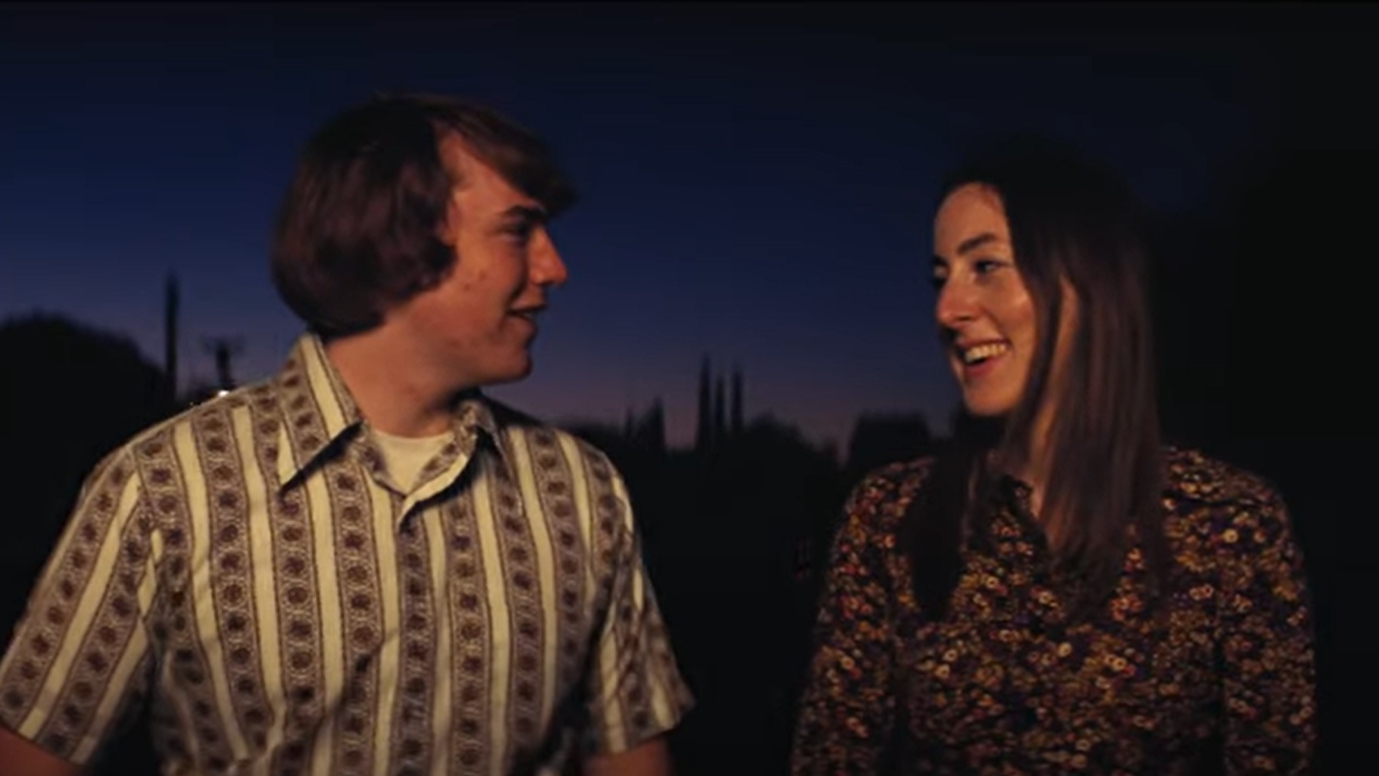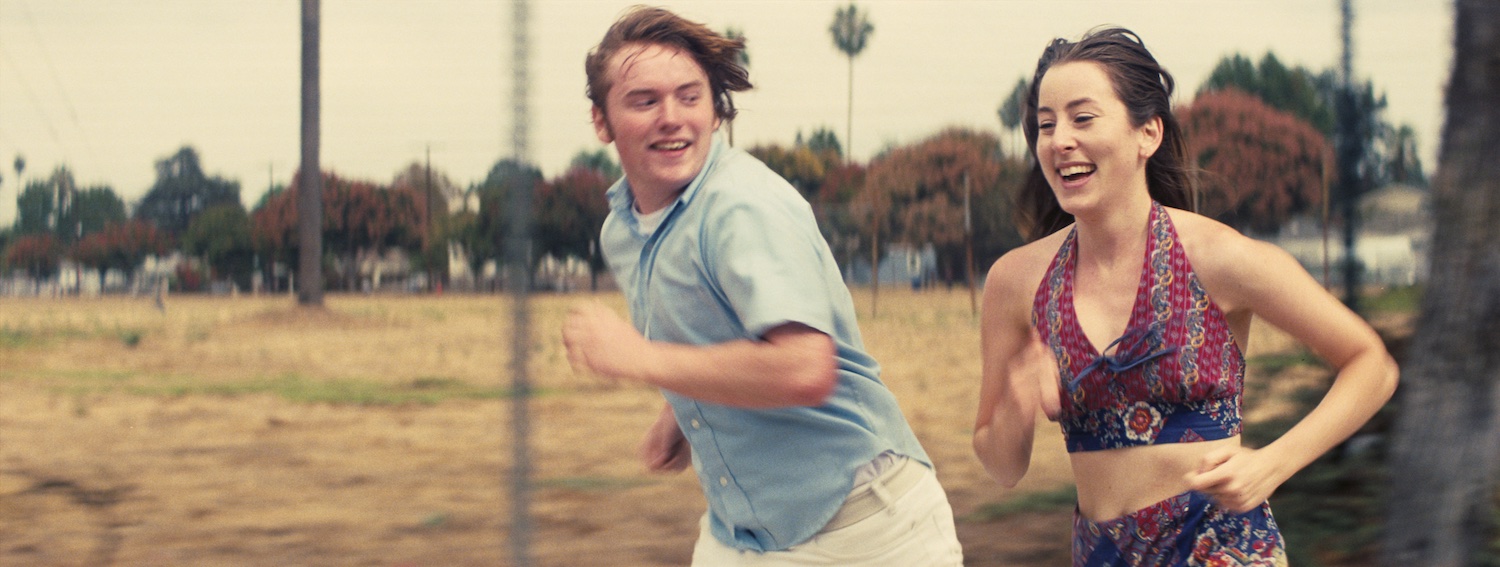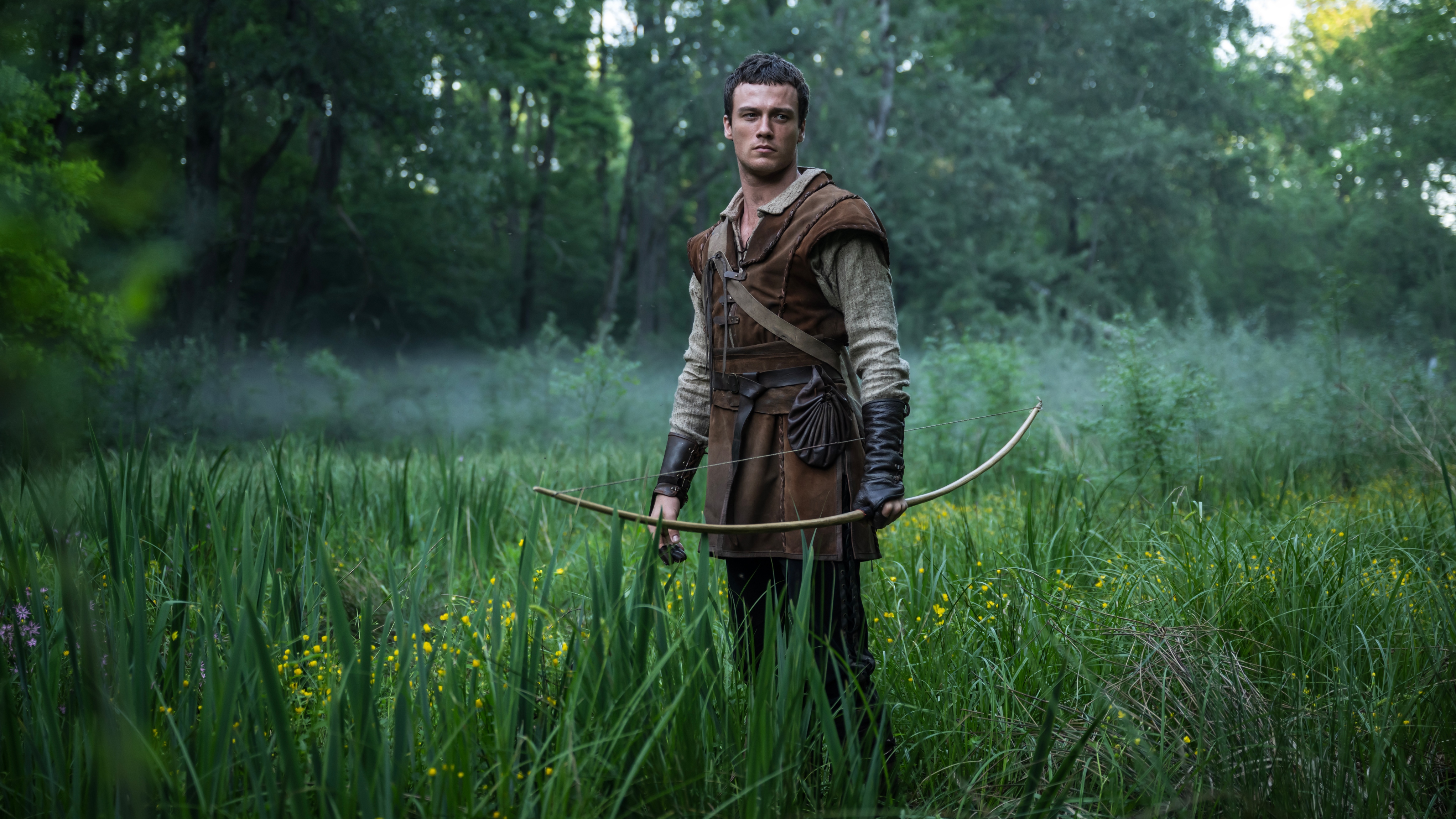What to Watch Verdict
Paul Thomas Anderson's ability to break down cinematic structure while delivering deeply affecting storytelling remains with this adolescent romance.
Pros
- +
Cooper Hoffman and Alana Haim vividly capture the volatile feelings of first love as teenagers navigating both romance and red flags
- +
Anderson's extraordinary cinematography recreates the style and sensations of '70s cinema as an AM-radio jukebox blasts behind his trip down memory lane
Cons
- -
The title undoubtedly means something special to the director, but it doesn't really fit with the rest of the film
One of Paul Thomas Anderson’s gifts is to depict relationships that wouldn’t work for anyone but the individuals in them and then zero in on exactly why they somehow work so well for those two. Set in 1973 against Anderson’s favorite backdrop, the San Fernando Valley, Licorice Pizza follows this same pattern in precisely the same, unpredictable way each of his earlier films.
Licorice Pizza chronicles the relationship between a self-assured teenage actor and a restless photographer’s assistant in her mid-20s as they react to the fads, culture and politics of the time. Anderson applies a memoirist’s unhurried specificity to the double character study while vividly recreating the time period (and feel of '70s cinema), as Cooper Hoffman (son of late actor Philip Seymour Hoffman) and Alana Haim (of the band Haim in her feature debut) clash and come together in beautiful, poignant ways.
Hoffman plays Gary Valentine, a 15-year-old actor who meets 25-year-old Alana Kane (Haim) when she shepherds him and his classmates through picture day at his high school. Confident and unexpectedly charming, Gary persuades Alana to go on a date with him, and they start a tenuous courtship despite her repeated insistence that he is much too young for her. Still, Gary’s romantic overtures seem to win her affection, even as he distantly watches Alana develop an attraction for Lance (Skyler Gisondo), one of his slightly older costars. But an unexpected run-in with the law — and some ideological differences with Lance — bring Gary and Alana closer than ever.
Deciding to partner up in a waterbed business, the pair experience some thrilling young-adult financial successes, even as his natural adolescent instincts collide, sometimes painfully, with reminders of her better judgment. But after Gary brings Alana to a casting agent and she begins to experience some of the excitement of show business — along with the other risks and opportunities of adulthood — the two are forced to consider whether their relationship is actually a romance or merely a flirtatious, volatile placeholder for the goals and experiences that come with truly growing up.
Like with his earlier films, Anderson’s control of storytelling structure feels masterful, patient and singular, exploring scenes at lengths the audience cannot anticipate in the moment for payoffs more powerful than they expect. In spite of the window dressing of its narrative and metatextual celebrity guest stars (Sean Penn as a grizzled William Holden type Hollywood veteran named Jack Holden; Tom Waits as a suitably grandiose director; and Bradley Cooper as eccentric hairdressing lothario and real-life Hollywood power player Jon Peters), the story plays out in one of the filmmaker's most low-key settings besides possibly Punch-Drunk Love. Anderson projects Gary and Alana’s relationship onto a canvas of ‘70s central-Valley business ventures and local restaurants they’re far too young to be regulars at but somehow are, all while they navigate their mutual attraction as it teeters between his teenage crush and her early-adulthood escapism.
It’s that juxtaposition that also makes the relationship so much more interesting than a typical teen romance or coming-of-age story. Played beautifully by Hoffman in his acting debut, Gary is a kid who’s experienced enough success and enough of a taste of Hollywood privilege that not only has it given him a preternatural confidence about his future but also an impulse to find more of that success wherever and however possible. These qualities form a powerful cocktail to intoxicate Alana, especially against the sobering tedium of her photographer’s assistant day job and her subordinate status as the youngest of three sisters (the other two played by her real Haim siblings and bandmates). She knows better than to hang out with a kid 10 years her junior and reminds herself of that disparity even when no one else seems to notice or mind, but the life he offers seems too full of promise and excitement for her to resist.

Working as his own cinematographer, Anderson reportedly used camera lenses that Gordon Willis (cinematographer of The Godfather) had back in the 1970s. They give the entire film a slight softness that reminds you of Bad News Bears, Meatballs and Little Darlings, an almost subliminal callback to an era and a style that’s long gone but many viewers instinctually remember, whether on celluloid or in real life. There’s a sequence in this film with a moving truck as it navigates canyon roads that feels like William Friedkin’s Sorcerer, but more tense because a couple of teenagers are behind the wheel.
The latest updates, reviews and unmissable series to watch and more!
But he utilizes these set pieces to highlight how young lovers — even ones resisting inevitable attraction — become bonded through acts of adversity, such as a run-in with the law, or in other cases see their life and their choices in relief with the momentary fun they might share. Whether or not Gary and Alana are healthy together, they are right for each other, providing what they can’t get anywhere from anyone else, even if they might never possess the language (much less self-awareness) to say what that is out loud.
Ultimately, if its title fails to fully or precisely capture the energy of the film (except as another reference to a San Fernando institution only a handful of privileged individuals will recognize), the director's latest is nevertheless an invigorating delight; lived in and yet spontaneous; thrilling but also gorgeously understated.
Like a number of Anderson's earlier works, Licorice Pizza is as in love with the medium in which it was made as the story and characters within it. Even if its throwback cinematic style proves to be slightly too eccentric for your tastes, if there’s one thing Paul Thomas Anderson has demonstrated that he’s capable of it’s he can tell a love story you will absolutely believe in, whether or not you personally want to be a part of it.
Licorice Pizza will be released exclusively in theaters on Nov. 26.
Todd Gilchrist is a Los Angeles-based film critic and entertainment journalist with more than 20 years’ experience for dozens of print and online outlets, including Variety, The Hollywood Reporter, Entertainment Weekly and Fangoria. An obsessive soundtrack collector, sneaker aficionado and member of the Los Angeles Film Critics Association, Todd currently lives in Silverlake, California with his amazing wife Julie, two cats Beatrix and Biscuit, and several thousand books, vinyl records and Blu-rays.



